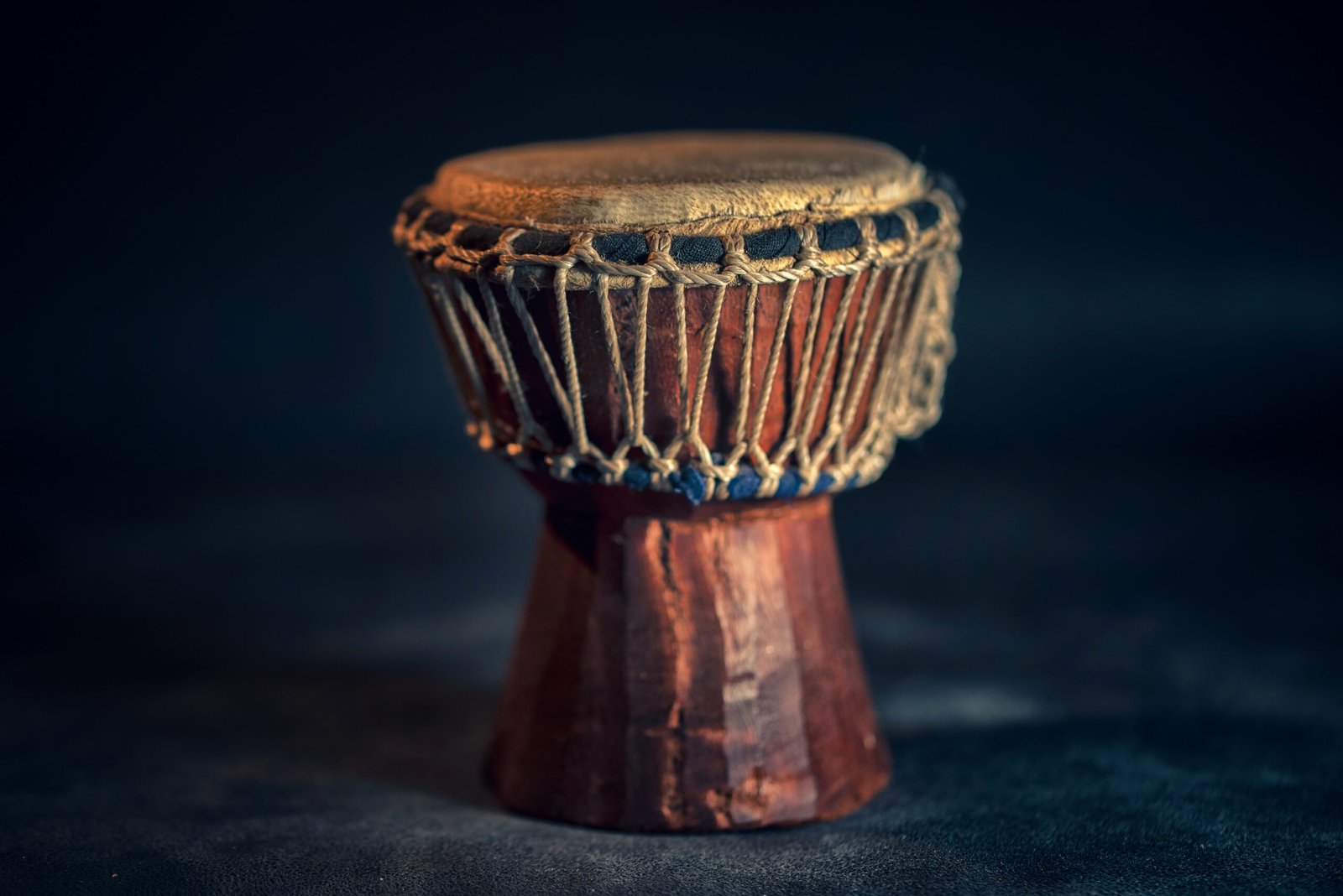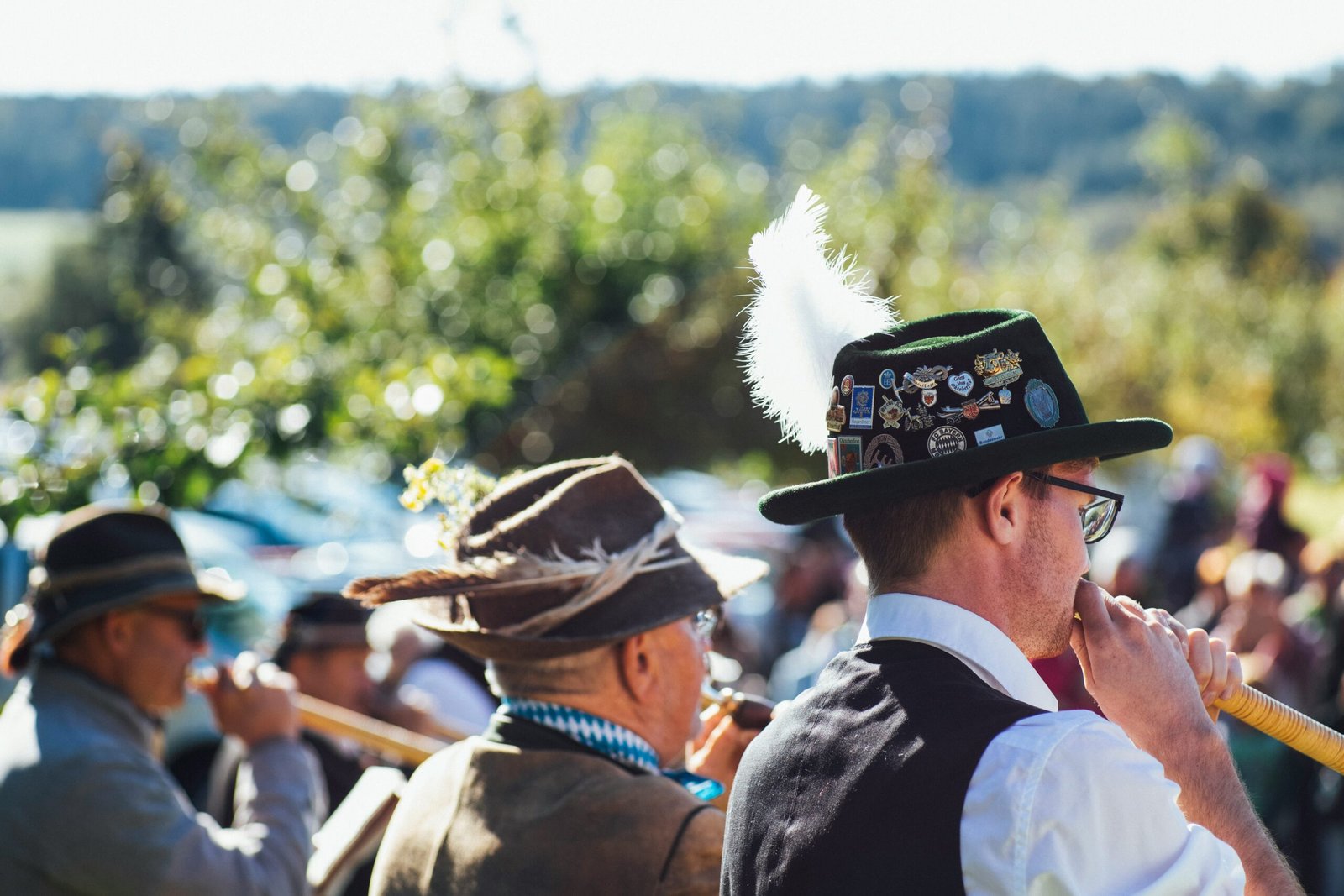
From the rhythmic beats of the djembe in West Africa to the melodic sounds of the mbira in Southern Africa, traditional music in Africa is as diverse as the people and landscapes that make up the continent. Each region, tribe, and community has its own unique musical traditions, instruments, and styles, creating a rich tapestry of sound that is both captivating and enchanting.
One of the key characteristics of African traditional music is its strong connection to nature and the environment. Many songs and rhythms are inspired by the sounds of animals, the movement of rivers, and the rustling of leaves in the wind. This connection to nature not only reflects the deep respect and reverence that African cultures have for the natural world but also serves as a reminder of the interconnectedness between humans and their surroundings.
Another important aspect of African traditional music is its role in storytelling. In many African cultures, music is used as a means of passing down oral history and legends from one generation to another. Through songs and chants, stories of bravery, love, and triumph are shared, ensuring that the wisdom and experiences of ancestors are not forgotten. This oral tradition not only preserves cultural heritage but also fosters a sense of identity and belonging among community members.
Furthermore, African traditional music is often a communal experience, bringing people together in celebration and unity. Whether it’s the lively drumming and dancing during a traditional wedding ceremony or the soul-stirring harmonies of a choir in a church service, music plays a central role in social gatherings and rituals. It is a way for individuals to connect with one another, to express emotions, and to celebrate life’s milestones.
Despite the influence of globalization and the rise of popular music genres, African traditional music continues to thrive and evolve. It has found its way onto international stages and has been embraced by musicians and audiences around the world. This recognition not only showcases the immense talent and creativity of African musicians but also serves as a testament to the enduring power and beauty of traditional music.
In conclusion, African traditional music is a celebration of culture and heritage. It is a vibrant expression of the continent’s history, traditions, and values. Through its connection to nature, its role in storytelling, and its ability to bring people together, traditional music in Africa serves as a testament to the richness and diversity of African cultures. It is a living art form that continues to evolve and captivate audiences worldwide, ensuring that the voices and rhythms of the past are carried into the future.
Music in African culture goes beyond mere entertainment. It serves as a powerful tool for communication, expression, and storytelling. Traditional African music is characterized by its rhythmic complexity, vibrant melodies, and intricate harmonies. It is deeply rooted in the cultural heritage of each community, reflecting their history, values, and beliefs.
One of the key functions of music in African society is its role in marking important milestones in life. From the moment a child is born, music is used to celebrate and welcome them into the community. As the child grows, music accompanies them through various stages of life, such as initiations into adulthood. These initiation ceremonies often involve intense musical performances that serve to educate and guide the young individuals as they transition into their new roles within the community.
Weddings in African culture are also incomplete without music. It sets the tone for the celebration and brings people together in joyous unity. The rhythms and melodies of traditional African music create an atmosphere of excitement and happiness, encouraging everyone to join in the festivities. Music at weddings also serves as a form of cultural preservation, as it showcases the unique musical traditions of each region and ethnic group.
However, music in African culture is not limited to joyous occasions. It also plays a crucial role in mourning and honoring the deceased. Funerals in African societies are often accompanied by mournful melodies and rhythmic chants that express grief and pay tribute to the departed. These musical expressions provide solace and support to the grieving community, helping them navigate the emotional journey of loss.
Religious rituals and ceremonies are another significant context in which music holds great importance in African culture. Music is believed to have the power to connect the spiritual and physical worlds, acting as a conduit for communication with ancestors and deities. Through rhythmic drumming, melodic chants, and energetic dances, worshippers express their devotion and seek divine intervention. Music in these religious contexts is not just a performance but a spiritual experience that brings individuals closer to their faith and community.
In conclusion, music is an integral part of African culture, serving diverse functions in social, religious, and ceremonial activities. It brings people together, communicates messages, expresses emotions, and preserves cultural heritage. The rhythmic complexity, vibrant melodies, and intricate harmonies of traditional African music reflect the richness and diversity of the continent’s cultural tapestry. Through music, Africans celebrate life, mourn the departed, connect with the divine, and pass down their traditions from one generation to the next.
The Influence of African Traditional Music on Contemporary Genres
African traditional music has had a profound impact on various contemporary genres around the world. Its rhythmic complexity, vibrant melodies, and intricate vocal harmonies have inspired musicians and composers across different cultures. The influence of African music can be seen in genres such as jazz, blues, rock, reggae, and hip-hop.
In jazz, for example, the polyrhythmic nature of African music has been incorporated into improvisation and syncopation. Musicians like Duke Ellington and Dizzy Gillespie drew inspiration from African rhythms, incorporating them into their compositions and performances. The call and response form, a key element of African traditional music, can also be heard in jazz, with musicians engaging in musical dialogues and exchanging phrases during solos.
The blues, originating from African American communities, also bears the imprint of African traditional music. The use of vocal improvisation, expressive melodies, and rhythmic patterns reminiscent of African drumming can be found in blues music. Artists like B.B. King and Muddy Waters have incorporated these elements into their playing, creating a distinct sound that is deeply rooted in African musical traditions.
In rock music, African rhythms have been fused with Western instrumentation and song structures. Bands like Led Zeppelin and The Rolling Stones have incorporated elements of African percussion into their music, adding a unique flavor to their rock compositions. This fusion of African and Western musical traditions has also been influential in the development of genres like Afrobeat and world music.
Reggae music, originating from Jamaica, has been heavily influenced by African musical traditions. The rhythmic patterns and syncopation of African drumming can be heard in the bass lines and guitar riffs of reggae songs. Artists like Bob Marley and Peter Tosh have used reggae as a platform to express social and political messages, drawing inspiration from the lyrical traditions of African music.
Hip-hop, a genre that emerged in the Bronx in the 1970s, has also been shaped by African musical traditions. The rhythmic complexity and emphasis on spoken word in African music can be seen in the rhymes and flow of hip-hop artists. The use of samples and loops, a common technique in hip-hop production, also draws parallels to the repetitive and layered rhythms of African drumming.
In conclusion, African traditional music has left an indelible mark on contemporary genres around the world. Its rhythmic complexity, vibrant melodies, and intricate vocal harmonies continue to inspire and influence musicians across different cultures. Through the fusion of African musical traditions with Western instrumentation and song structures, new genres and styles have emerged, creating a rich and diverse musical landscape.
North Africa:
North African music is heavily influenced by Arabic, Berber, and Mediterranean cultures. Countries like Morocco, Algeria, and Tunisia have a rich musical heritage, with genres like Raï, Gnawa, and Chaabi representing the region’s unique sound. Traditional instruments like the oud, qanun, and darbuka are commonly used in North African music.
Central and East African Great Lakes Region:
The Central and East African Great Lakes Region, which includes countries like Rwanda, Burundi, and the Democratic Republic of Congo, is known for its vibrant and diverse musical traditions. Genres like Soukous, Lingala, and Kinyarwanda music showcase the region’s cultural richness. Traditional instruments like the inanga, umuduri, and amakondere are commonly used in this part of Africa.
Horn of Africa:
The Horn of Africa, which includes countries like Ethiopia, Eritrea, and Djibouti, has a distinct musical identity that sets it apart from the rest of the continent. Traditional Ethiopian music, with its unique scales and rhythms, has gained international recognition. Genres like Tigrigna music and Oromo music are also popular in the region. Traditional instruments like the krar, masenqo, and washint are commonly used in the Horn of Africa.
Indian Ocean Islands:
The Indian Ocean Islands, including Madagascar, Comoros, and Seychelles, have their own unique musical traditions that blend African, Arab, and European influences. Genres like Salegy, Sega, and Morna represent the diverse cultural heritage of these islands. Traditional instruments like the valiha, kayamb, and ravanne are commonly used in the music of the Indian Ocean Islands.
Overall, African traditional music is a reflection of the continent’s rich cultural diversity. From the infectious rhythms of West Africa to the melodic diversity of East Africa, each region has its own unique musical traditions that contribute to the vibrant tapestry of African music.
In addition to the genres mentioned above, African traditional music has also influenced the development of hip-hop and electronic music. In hip-hop, the use of samples and loops, which are integral to the genre, can be traced back to the African tradition of polyrhythms and layering of different musical elements. Artists like Public Enemy and A Tribe Called Quest have incorporated African rhythms and melodies into their beats, adding a unique flavor to their music.
Similarly, in electronic music, producers and DJs have drawn inspiration from African traditional music to create innovative and energetic tracks. The use of tribal percussion, hypnotic rhythms, and chants can be heard in genres like techno, house, and drum and bass. Artists like Carl Craig, Black Coffee, and Goldie have incorporated these elements into their productions, creating a fusion of African and electronic sounds.
Furthermore, the influence of African traditional music extends beyond the realm of popular music. It has also had a significant impact on classical music, with composers like Bela Bartok and Igor Stravinsky incorporating African rhythms and melodies into their compositions. This cross-pollination of musical styles has enriched the classical repertoire and expanded the boundaries of what is considered traditional Western music.
Moreover, the influence of African traditional music can be seen in the realm of contemporary dance. Choreographers and dancers have drawn inspiration from African dance styles, incorporating the fluid movements, polyrhythms, and storytelling elements into their performances. This fusion of African dance with contemporary dance forms has resulted in the creation of new and exciting choreographic works that celebrate the diversity of movement and cultural expression.
In conclusion, the influence of African traditional music on contemporary music is undeniable. Its rhythmic complexity, melodic richness, and vibrant energy have shaped numerous genres and continue to inspire musicians from around the world. Whether it is in jazz, blues, rock ‘n’ roll, reggae, world music fusion, hip-hop, electronic music, classical music, or dance, African traditional music has left an indelible mark, contributing to the diversity and richness of the global musical landscape.
Preserving and Promoting African Traditional Music
Despite the global popularity of African traditional music, it faces challenges in terms of preservation and promotion. Rapid urbanization, globalization, and the dominance of Western music have contributed to the decline of traditional musical practices in some regions. However, efforts are being made to safeguard and revitalize African traditional music:
Oral Tradition:
Oral transmission remains a vital method of preserving African traditional music. Master musicians pass down their knowledge and skills to younger generations through practical demonstrations, ensuring that the music continues to thrive. This oral tradition not only preserves the melodies and rhythms of the music but also carries with it the cultural and historical significance of the communities from which it originates. It is through the oral tradition that the stories, values, and traditions of African societies are passed down from one generation to the next.
Education and Research:
Academic institutions and cultural organizations are conducting research and documenting African traditional music. This helps in preserving musical traditions, promoting cross-cultural understanding, and providing valuable resources for future generations. Through in-depth studies and analysis, researchers are able to uncover the intricate nuances and unique characteristics of different African musical traditions. This knowledge is then shared with students, musicians, and enthusiasts, ensuring that the music is not lost but rather celebrated and appreciated for its cultural significance.
Community Engagement:
Community-based initiatives and festivals play a crucial role in promoting African traditional music. These events provide a platform for traditional musicians to showcase their talent, connect with audiences, and foster cultural exchange. In many African communities, music is not just a form of entertainment but an integral part of social and religious ceremonies. By organizing community gatherings and festivals, local organizations create opportunities for musicians to perform in their traditional settings, allowing the music to be experienced in its authentic context. This not only preserves the music but also strengthens the sense of identity and pride within the community.
Collaborations and Cross-Cultural Exchange:
Collaborations between African traditional musicians and artists from other genres and cultures contribute to the preservation and promotion of traditional music. These collaborations help in reaching new audiences and creating innovative musical expressions. By blending traditional African sounds with contemporary elements, musicians are able to create a fusion that appeals to a wider range of listeners. Additionally, collaborations with artists from different cultures provide an opportunity for cross-cultural exchange, allowing for the sharing of musical techniques, ideas, and experiences. This enriches the traditional music and ensures its relevance in a rapidly changing world.



